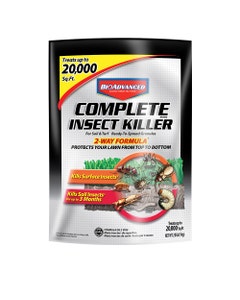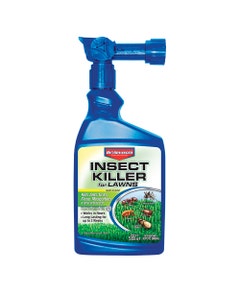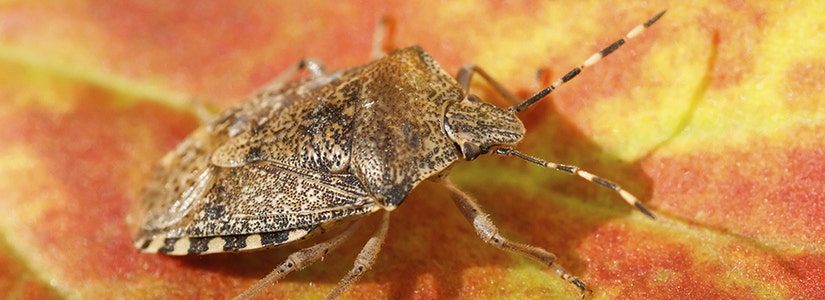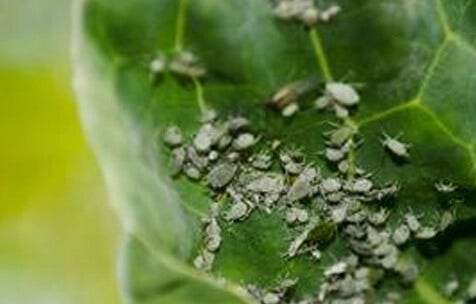

- Home
- Solution Center
- Learn
- Outdoor Pests
- Controlling Mosquitoes
Controlling Mosquitoes
More than 3,000 Mosquito species live throughout the world; roughly 150 species live in the United States. Texas boasts the most, with 85 different species. Florida has 80. West Virginia has the least –just 26 species. No matter where you live, summer fun can quickly turn into a swat-fest when buzzing, biting Mosquitoes attack. Learn the basics about these bloodsucking insects to prepare yourself for summer's annual battle.
Why do Mosquitoes bite?
Only female Mosquitoes bite, using a long, hollow, needle-like mouth part that actually pierces a capillary. Females need the protein from blood to produce fertile eggs. A female lays eggs up to three times before she dies; each batch (of up to 300 eggs) requires one blood meal. Male Mosquitoes feed on sweet plant products: nectar from flowers, fruit juices and liquids that ooze from plants. When they're not reproducing, females also eat sweets from plants.
Why do bites itch?
When a female Mosquito bites, she releases an anti-coagulant in her saliva to keep blood from clotting. An allergic reaction to Mosquito spit causes itching.
How do Mosquitoes hone in on a person?
Mosquitoes track victims using several clues:
-
Female Mosquitoes detect carbon dioxide from 75 feet away, flying back and forth through the CO2 until they find the source, which becomes their main course.
- Skin produces sweat and other odors, such as folic acid and cholesterol, which smell like supper to Mosquitoes. Odors from sources including detergents, deodorants, lotions or fabric softeners mask body odor –and may attract or repel insects.
- Body heat attracts Mosquitoes. Dark clothing retains heat and also attracts Mosquitoes.
Mosquitoes on the move
Mosquitoes beat their wings 300-600 times per second, producing that familiar high-pitched drone. But if you grabbed a radar gun, you’d only clock Mosquitoes flying at 1-1.5 mph. In an insect race, that would put them toward last place at the finish line, coming in behind Honey Bees, Locusts and Butterflies. Most Mosquitoes fly roughly 1-3 miles. Many stay within a few hundred feet of their hatching location, (although some salt marsh species fly up to 40 miles seeking out the ideal habitat).
Are Mosquitoes dangerous or just a nuisance?
Some agencies rank Mosquitoes as the deadliest animal on earth because they can carry and transmit several deadly diseases, including Malaria, Yellow Fever, Encephalitis and Dengue Fever. Here in the U.S., the Zika virus has gotten a lot of publicity lately, but Mosquitoes are also responsible for spreading other diseases like West Nile and Chikungunya. Infected Mosquitoes can transfer these viruses by biting humans.
Prevention
Because of Mosquitoes tendency to remain near the place they hatch, keeping your yard clean can help keep Mosquitoes away. Here are some things to avoid:
- Standing water–Mosquitoes lay eggs on the surface of stagnant water and in areas that flood on a regular basis. Eggs only need an inch of water to hatch.Don’t allow water to collect in bird baths, toys, pots, gutters, etc.
- Long, overgrown grass –mowing your grass to a proper height can limit Mosquito hiding places and expose them to predators. (url link: https://www.bayeradvanced.com/articles/how-high-to-mow-your-lawn)
- Bug zappers –Despite multiple sizzles on a buggy summer evening, only 1 percent of zaps are due to Mosquitoes.If you're planning to purchase a zapper to control these biters, save your money.
Treat areas near the home, along the edge of the yard, plus natural areas with an insecticide like Complete Brand Insect Killer For Soil & Turf to help reduce adult populations.
Do Mosquitoes have natural predators?
Many fish eat Mosquito larvae. Bats and purple martins catch a small number of adult Mosquitoes. Dragonflies are one of the best predators. Dragonfly larvae (called nymphs) live in water and devour Mosquito larvae; adult Dragonflies eat adult Mosquitoes. Some communities release Dragonflies as part of their annual Mosquito control program.















